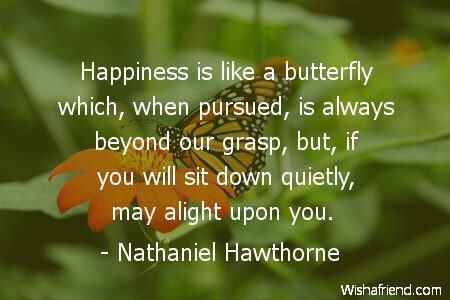I recently had a client that came to see me not because she was depressed but because she was unhappy! She also did not know why? She had friends, a good job, her own home all the things that in this day and age would make a person happy. But for her this was not so. This has not been the only case where persons have been confronted by their own inability to create their own happiness. Often one would like to be the fairy godmother and just wave a magic wand for all the unhappiness to disappear!
Happiness is a state of mind. It is created by one’s own mental well- being. Hundreds of self-help books exist that point to how this can be achieved. However, the reader during this exploration does not meet the opportunity to share their thoughts. Thus not obtaining much needed feedback on their thinking processes that would deepen their understanding.
There are many lists of synonyms associated with the term “Happiness” Wikipedia provides us with one such comprehensive list of synonyms contentment, contendedness, cheerfulness, cheeriness, merriment , pleasure, satisfaction, merriness, gaiety, joy, joyfulness, joyousness, joviality, jollity, jolliness, glee, blitheness, carefreeness, gladness, delight, good spirits, high spirits, light-heartedness, good cheer, well-being, enjoyment, felicity, xuberance, exhilaration, elation, ecstasy,delirium, ubilation, rapture,bliss,blissfulness, euphoria, beatitude, transports of delight, heaven, paradise, seventh heaven, cloud nine, humorous delectation and rare jouissance.
Happiness comes with its own degrees of comparison. Like the metamorphosis of the butterfly it has a birth and a path of development and is inborn to each of us. What causes it then to go a canter?
The answer is not simple. The mere fact that Happiness is a personalised and much of an individualised construct accounts for its specificity. People give it their own definition and it presents in many ways. In other words each person has their own specific understanding of what makes them happy or not. It cannot be the same for everyone.
Thus our search for where our Happiness originates is a path that has many turns and twists. Therefore, in the adult, and within the counselling process we can:
Firstly, explore all the dimensions of early experiences and the exposures we had from early childhood to present in terms of people, places and things;
Secondly, we will look at one’s own presence and how one portrays oneself to the outside world and find out whether others think and say about you are in congruence i.e. self-esteem, belief systems, religion, spirituality, socio- political status.
We might, if needed refer to South Africa specifically, as we need to examine our political stance and demographics and our own unique place in this ever changing new democracy. We could also possibly explore our resistance to change?
Thirdly, a deep examination of the notion of personal strengths and weaknesses and ability to be flexible and adaptable will also ensue; and
Fourthly, we will analyse and gain insight and understanding into our passions, drives and things that excite us. We could even peek into your personality
Happiness did not stem from nowhere! Happiness is something so vital to mental health that it cannot be summarily dismissed.
Providing Happiness to children is as important as providing toys and sweets. It is as important as any other educational experiences that we provide to our children. So how do we as parents ensure that we contribute to our children’s Happiness?
I am increasingly being alarmed by parents that appear to think that material goods as one aspect of a child’s development will buy Happiness! That parents believe that they will do their children irreparable psychological damage if the children don’t get all that they desire. What parents fail to see, is the fact, that they are feeding the child’s greed rather than demonstrating to them the value of care and appreciation.
I recently was told about a family that bought enough Christmas presents for their children that when stacked they has reached up to the ceiling! Man! Oh man!! Yet, in the same disclosure it became apparent that once all the toys were opened there was no more excitement and the children were already asking for what they were to receive next! What does this abundance and being able to dispense so easily with items that should have held some treasure in memory mean? How does one have meaningful attachment to the gift that was hopefully given as love?
I would imagine, hopefully, that in 6 months’ time when the novelty has worn off that the toys would be packed up and given to the local orphanage. To another “poor” and that they would only be too Happy with the gifts that had been showered on them?
Has the illusive butterfly finally been found?


